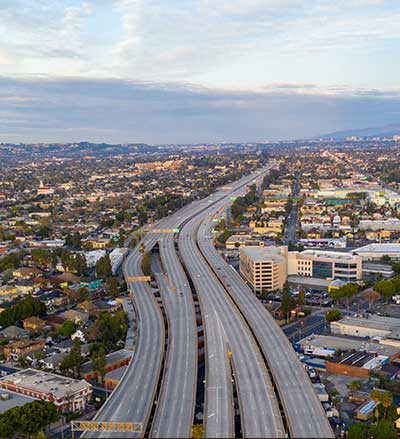Each of the remaining three categories increasingly expand the idea of what infrastructure includes. The ASCE Report Card does not evaluate the condition of the remaining categories we consider, except for schools. Baseline federal spending levels have not been provided for these categories.
The debate about the rest of the categories reflects their broad take on infrastructure. While it would be fair to say that Senate Republicans generally favor smaller or no investments in each of the categories considered below, they have mostly not engaged on the merits of the investments one way or the other. Instead, their main argument is that they are not really infrastructure investments. Whatever the arguments for or against each, they argue that debate should be had separately from a debate about infrastructure. Accordingly, Senate Republicans have not proposed new funding in any of these categories.
We do not repeat these points in the remaining three categories. We simply note in each that opponents argue that they are not infrastructure so are investment questions for a different debate.




